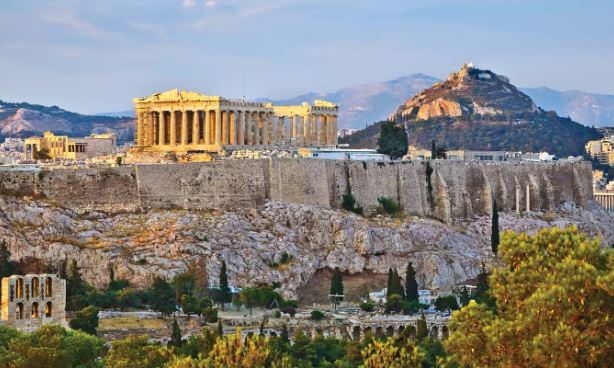Classical Greece

Classical Greece was a period of around 200 years (the 5th and 4th centuries BC) in Ancient Greece,[1] marked by much of the eastern Aegean and northern regions of Greek culture (such as Ionia and Macedonia) gaining increased autonomy from the Persian Empire; the peak flourishing of democratic Athens; the First and Second Peloponnesian Wars; the Spartan and then Theban hegemonies; and the expansion of Macedonia under Philip II.
Much of the early defining politics, artistic thought (architecture, sculpture), scientific thought, theatre, literature and philosophy of Western civilization derives from this period of Greek history, which had a powerful influence on the later Roman Empire. The Classical era ended after Philip II’s unification of most of the Greek world against the common enemy of the Persian Empire, which was conquered within 13 years during the wars of Alexander the Great, Philip’s son.
